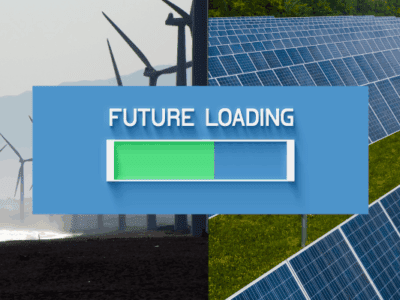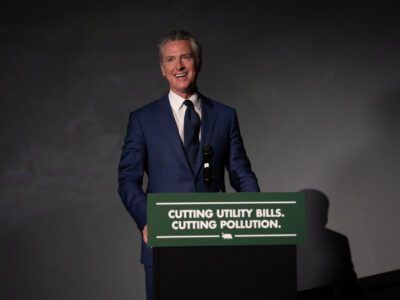(Energy) Independence Day
A post in which I surprise readers — and myself — with strong praise for George W. Bush.
Four years ago, President Trump announced that “with the tremendous progress we have made over the past three years, America is now energy independent.” And he was right that the U.S. had reached the point that it produced more energy than it used. But the kind of energy independence he trumpeted (or should I have said TRUMPeted?) is a chimera.
Admittedly, Trump was not the first to prioritize this kind “energy independence.” (Nor has he been the last to achieve it — it remains true under Biden that we’re producing more energy than we use.) Every President since at least George W. Bush, who championed the Energy Independence and Security Act of 2007, has wanted to limit U.S. dependence on foreign oil. Bush said that “one of the most serious long-term challenges facing our country is dependence on oil, especially oil from foreign lands.”
As I said, however, this goal is a chimera for two reasons. One reason is rather subtle, and in fact I only recently became aware of it. Although we produce more oil than we use, we still have to import oil. The reason is that we don’t produce enough heavy oil, which is needed for refineries, so we export light oil and import heavy oil.
The more fundamental reason is that energy markets are global in scope. Although we produce more oil than we need, U.S. gas prices are still at the mercy of international oil markets, which in turn are driven by geopolitical developments. And U.S. natural gas prices also fluctuate with international markets because we export more of our gas when foreign supplies are tight. The bottom line is that our economy is still swayed by OPEC and international unrest, just as it was in over fifty years ago in the OPEC oil embargo.
To his credit, and somewhat to my surprise, Bush had a clearer view of the situation than Trump. In signing the 2007 energy law, he said that dependence on oil — not just foreign oil — “harms us economically through high and volatile prices at the gas pump,” “creates pollution,” “contributes to greenhouse gas emissions,” and “threatens our national security by making us vulnerable to hostile regimes in unstable regions of the world.” (Actually, in true Bush-style, he seems to have misspoken and said ” greenhouse gas admissions.” Maybe this was a Freudian slip, since it was a rare admission that climate change is a serious problem.)
For that reason, Bush said, the 2007 law was a “major step toward reducing our dependence on oil, confronting global climate change, expanding the production of renewable fuels, and giving future generations of our country a nation that is stronger, cleaner, and more secure.” Thus, Bush clearly understand the need to reduce our dependence on oil for reasons including the environmental benefits.
So let’s give credit where credit is due, George W. Bush was 100% right about this one. (Never thought I write that sentence!) The only way to achieve energy independence is to achieve independence from fossil fuels.
That’s not something we can achieve overnight, but the closer we come, the better — for our health, our national security, and the world. Today, we can celebrate progress toward the goal, though achievement may be far in the future.







Reader Comments